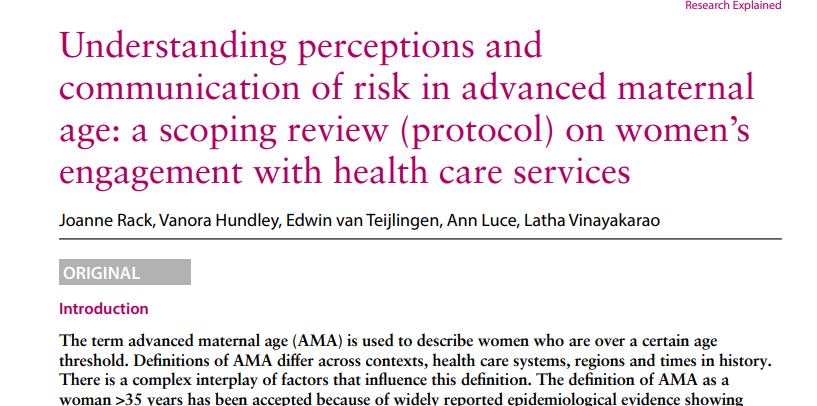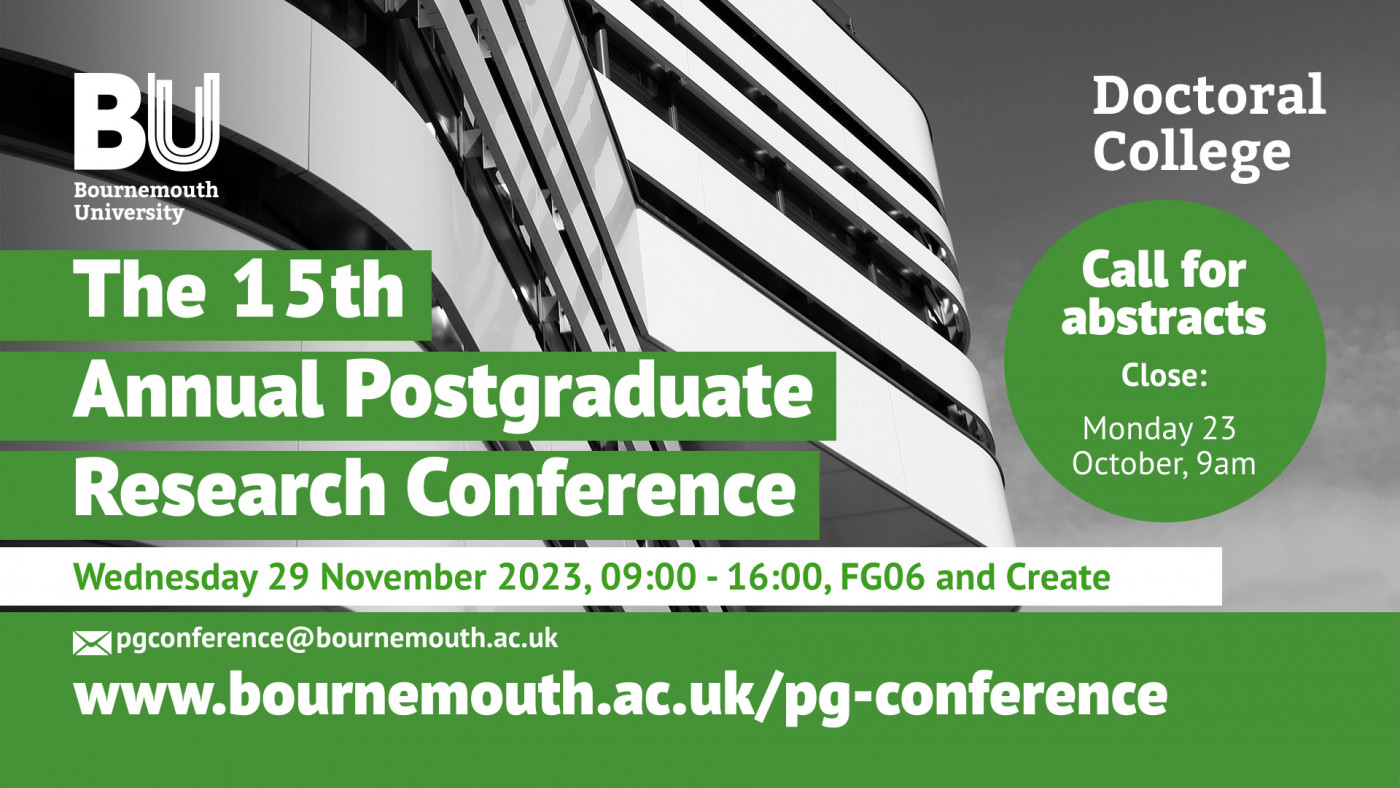
The Advance HE Postgraduate Research Experience Survey (PRES) has launched
Have your say – 2 weeks till the deadline!
Thank you to everyone who has completed the survey so far. If you have not already completed it, we would really appreciate if you could find a few minutes to respond and tell us about your experience this year.
We are keen to make sure our PGRs have the best possible experience while studying with us. To do this, we need to know what you think works well and what as a university we could do better. This is your chance to tell us about your experience as a PGR at Bournemouth University. We also kindly ask that all supervisors encourage their PGRs to participate in the survey.
Thank you to all PGRs who completed the 2023 PRES survey – we listened to you and your feedback has helped us to enhance your PGR experience in a range of areas.
The survey will close on Thursday 16 May 2024. Upon completing the survey, PGRs will automatically entered into a free prize draw. Four winners will be able to claim a £50 shopping voucher. Terms and conditions apply.
In addition, we will be making a £1 donation for every survey completed to the student mental health wellbeing charity, Student Minds.
Once you have completed the survey, you are entitled to claim a voucher worth £3.20, from the Doctoral College to use at any BU Chartwells outlet. Please come to the Doctoral College (DLG08, Talbot Campus) to collect your voucher. You will need to show a screen shot of the final page of the survey in order to claim your voucher.
How do I take part?
PGRs should have received an email from the Doctoral College on Monday 15 April 2024 containing a unique link which will allow you to access and complete the survey. If you can’t find this email, contact PRES@bournemouth.ac.uk and we’ll help you to get access.
What will I be asked?
The survey will take around 15 minutes to complete. Your response is confidential, and any reporting will be entirely anonymous. The survey is your chance to tell us about your experience as a PGR at BU. It will ask you to share your views on supervision, resources, research community, progress and assessment, skills and professional development and wellbeing.
Why should I take part?
Your feedback is important. The Postgraduate Research Experience Survey is the only national survey of PGRs and so is the only way for us to compare how we are doing with other institutions and to make changes that will improve your experience in the future.
More information
If you would like to know more about the survey, please visit: PRES 2024.
We hope you take the opportunity to get involved this year and help us make improvements to your experience.
Best wishes,
The Doctoral College
For any PRES related queries, please email: PRES@bournemouth.ac.uk
 Congratulations to Ph.D. student Joanne Rack on the publication today of her paper ‘Understanding perceptions and communication of risk in advanced maternal age: a scoping review (protocol) on women’s engagement with health care services’ [1]. Joanne is currently doing a Clinical Doctorate in the Centre for Midwifery & Women’s Health (CMWH) focusing on personalised care for women of advanced maternal age. Her doctoral study is matched-funded by University Hospitals Dorset NHS Foundation Trust and Bournemouth University [BU].
Congratulations to Ph.D. student Joanne Rack on the publication today of her paper ‘Understanding perceptions and communication of risk in advanced maternal age: a scoping review (protocol) on women’s engagement with health care services’ [1]. Joanne is currently doing a Clinical Doctorate in the Centre for Midwifery & Women’s Health (CMWH) focusing on personalised care for women of advanced maternal age. Her doctoral study is matched-funded by University Hospitals Dorset NHS Foundation Trust and Bournemouth University [BU].  Her PhD is supervised and supported by Profs. Vanora Hundley, Ann Luce and Edwin van Teijlingen at BU and Dr. Latha Vinayakarao in Poole Maternity Hospital.
Her PhD is supervised and supported by Profs. Vanora Hundley, Ann Luce and Edwin van Teijlingen at BU and Dr. Latha Vinayakarao in Poole Maternity Hospital.






 We’ll be joined by four postgraduate researchers from Bournemouth University on Tuesday 7 May 6:30 – 8:00pm.
We’ll be joined by four postgraduate researchers from Bournemouth University on Tuesday 7 May 6:30 – 8:00pm.

 Early Career Researchers Network (ECRN) Surgeries
Early Career Researchers Network (ECRN) Surgeries












 REF Code of Practice consultation is open!
REF Code of Practice consultation is open! BU Leads AI-Driven Work Package in EU Horizon SUSHEAS Project
BU Leads AI-Driven Work Package in EU Horizon SUSHEAS Project Evidence Synthesis Centre open at Kathmandu University
Evidence Synthesis Centre open at Kathmandu University Expand Your Impact: Collaboration and Networking Workshops for Researchers
Expand Your Impact: Collaboration and Networking Workshops for Researchers ECR Funding Open Call: Research Culture & Community Grant – Apply now
ECR Funding Open Call: Research Culture & Community Grant – Apply now ECR Funding Open Call: Research Culture & Community Grant – Application Deadline Friday 12 December
ECR Funding Open Call: Research Culture & Community Grant – Application Deadline Friday 12 December MSCA Postdoctoral Fellowships 2025 Call
MSCA Postdoctoral Fellowships 2025 Call ERC Advanced Grant 2025 Webinar
ERC Advanced Grant 2025 Webinar Update on UKRO services
Update on UKRO services European research project exploring use of ‘virtual twins’ to better manage metabolic associated fatty liver disease
European research project exploring use of ‘virtual twins’ to better manage metabolic associated fatty liver disease